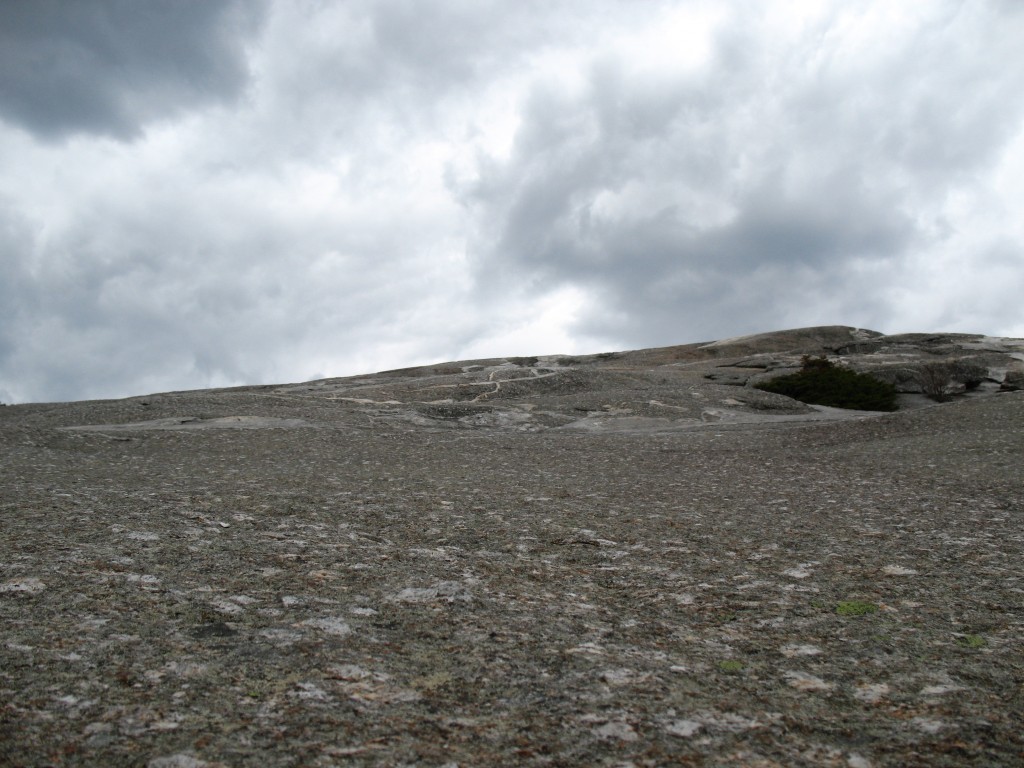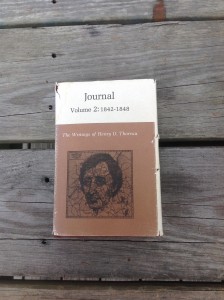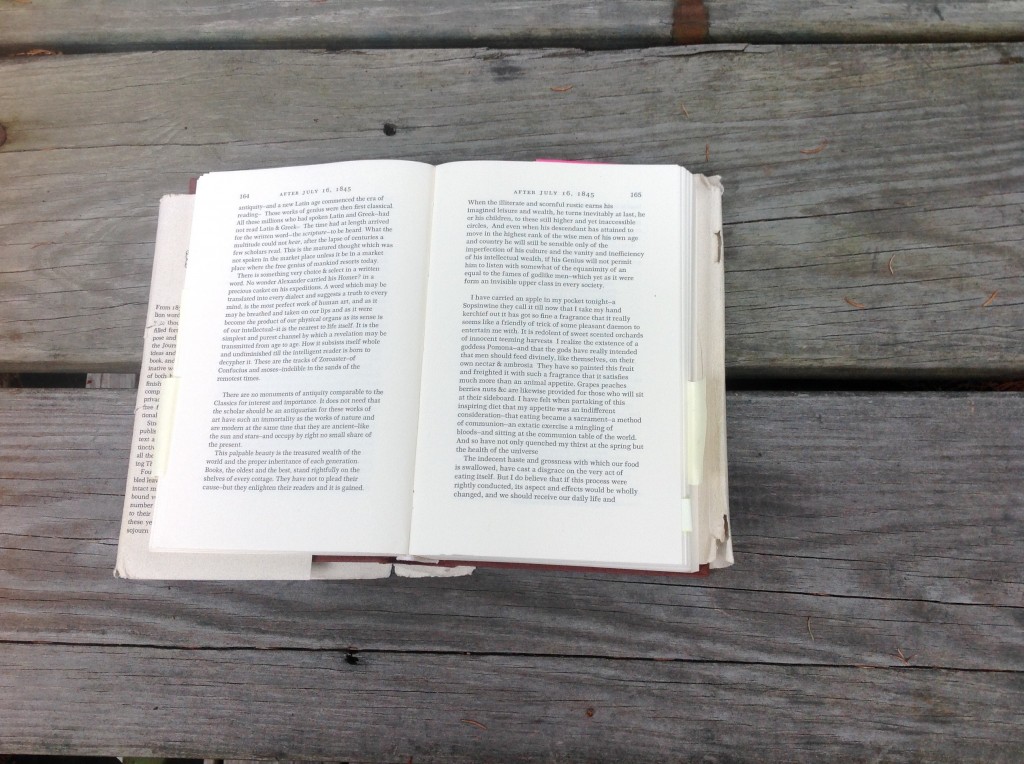Labor Day’s approach joins morning’s slanting light to make me think of work. Centerpiece of many days and visitor to all, work comes in various guises; still, what each of us identifies as her or his real work, what we embrace rather than what we are assigned, can be hard to suss out and even harder to explain.
As a seventeen-year-old, I recall wondering about this question as I wallowed in schoolwork’s many-disciplined demands after a summer of construction work. What would I do for work, eventually, when I left behind the aptly-named homework and summer’s temporary jobs? In the years that followed, I, like many, made my decisions somewhat randomly, and later fell into a form of teaching, which, in time, became my life’s work. It was a work with which I became smitten.
But, throughout a lifetime’s work, the phrase, “real work,” kept appearing with a question mark attached. What was my real work? What should it be? And, as also often happens for me, it took a poet to help this question take fuller shape. Such shape-taking precedes any answer.
Gary Snyder led me into a bar in Texas in pursuit of answer. Snyder, who emerged from the Beat movement and became his own Zen-inflected voice for the wild that Thoreau celebrates in Walking and throughout his other writings, wrote one of the greatest American poems I know, “I Went into the Maverick Bar.” In it a young Snyder, in Farmington, New Mexico to protest despoliation of land and abuse of Indian sovereignty by energy companies, enters a redneck bar, which depends on the very work he’s there to protest. In a quick few lines and images, Snyder limns the curious American admixture of despoiling work and exuberant innocence and remembers his own:
And with the next song,
a couple began to dance.They held each other like in High School dances
in the fifties;
I recalled when I worked in the woods
and the bars of Madras, Oregon.
That short-haired joy and roughness—
America—your stupidity.
I could almost love you again.(Note: Try as I might, I cannot get my program to allow proper formatting for this excerpt; apologies. Please follow the link at the end of this piece to read the full poem, properly formatted; it’s worth the click…and more.)
But Snyder resolves that instead of cutting (or mining) a life from the wilderness, he must commit himself to what he calls “the real work” of finding and understanding a home. To do so, he must learn his place (two meanings intended) and relations, or as he put it in an interview with Bill Moyers:
The real work is becoming native in your heart, coming to understand we really live here, that this is really the continent we’re on and that our loyalties are here, to these mountains and rivers, to these plant zones, to these creatures. The real work involves developing a loyalty that goes back before the formation of any nation state, back billions of years and thousands of years into the future. The real work is accepting citizenship in the continent itself.
Snyder’s writing prepared the ground for my later work with Henry Thoreau and the real work he recorded in his journals. Yes, I learned, if ever anyone became “native in [his] heart,” it was Henry Thoreau. His was a daily labor worth celebrating.
And here too, as Labor Day nears, is to your real work, wherever and however you find it.
Links: Here’s a link to Snyder’s poem, I Went into a Maverick Bar: http://www.poetryfoundation.org/poem/177249; and here’s a link to his interview with Moyers: http://billmoyers.com/content/here-in-the-mind-daisy-zamora-and-gary-snyder/



